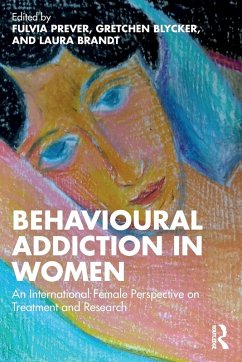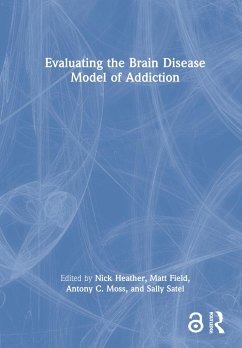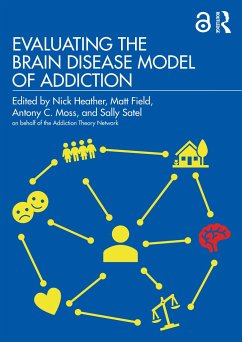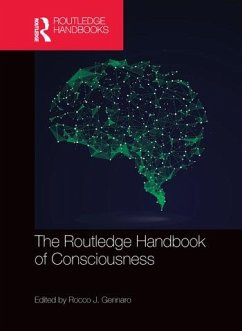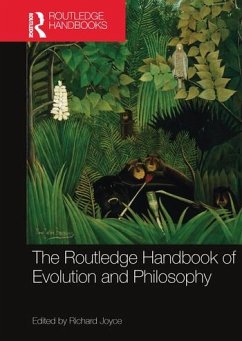
The Routledge Handbook of Philosophy and Science of Addiction
Versandkostenfrei!
Versandfertig in 1-2 Wochen
65,99 €
inkl. MwSt.
Weitere Ausgaben:

PAYBACK Punkte
33 °P sammeln!
It spans several disciplines and is the first collection of its kind. Essential reading for students and researchers in philosophy, particularly philosophy of mind and psychology and ethics, and of great interest to those in related fields, such as medicine, mental health, social work, and social policy.





